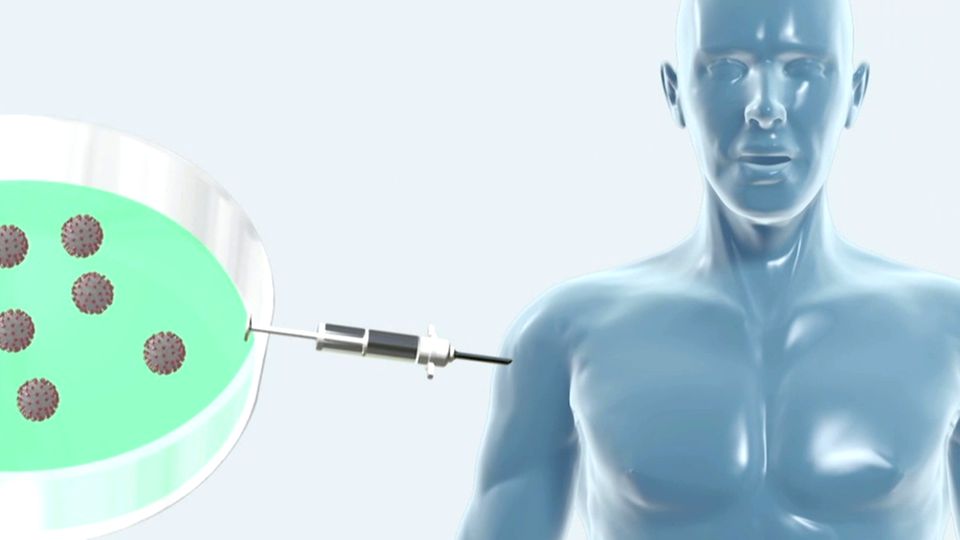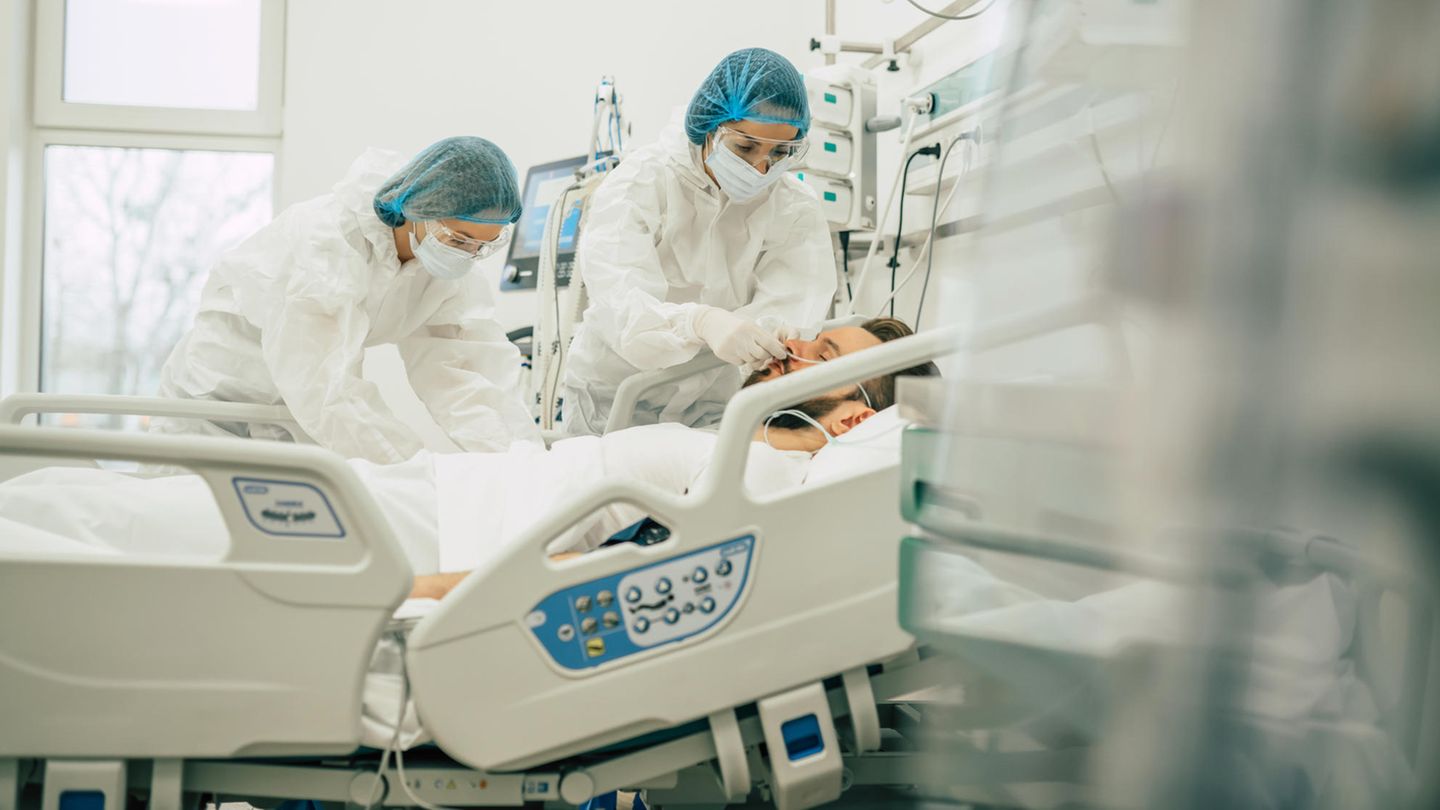Researchers have now found an explanation for why some people become seriously ill with Covid-19 and others only have mild symptoms. Variants in 16 genes help determine the severity of the course of the disease.
In some people, the corona virus only triggers cold-like symptoms, others are struggling for their lives with a Sars-CoV-2 infection in intensive care units. A study shows that variants in 16 genes help decide whether an infection with the coronavirus becomes life-threatening or not.
Researchers from the “GenOMICC” consortium (Genetics of Susceptibility and Mortality in Critical Care) – a global collaboration researching the genetics of critical diseases – have sequenced the genomes of 7,491 corona patients from 224 intensive care units in the United Kingdom. The genome can be decoded by sequencing. The DNA of the corona patients was compared with the DNA of 48,400 people who did not have Covid-19 and with the data of another 1,630 people who had a mild course of Covid-19.
Variants in 16 genes provide new clues
By determining the entire genome sequence of all participants, the scientists were able to create an accurate genome map and identify variations associated with the severity of Sars-CoV-2 infections. In 16 genes of the patients with a severe course, the researchers found decisive differences compared to the other two groups.
The 16 new variants in genes that the research team found are related to blood clotting, the immune response and the intensity of inflammation. The analysis also confirms the involvement of seven other genetic variations that have been associated with severe COVID-19 in previous studies.
Better understand disease processes of Covid-19
The results show that a single gene variant that disrupts a key messenger (called interferon alpha-10) in immune system signaling is enough to increase a patient’s risk of developing a serious disease. The researchers explain that this underlines the gene’s key role in the immune system and conclude that the use of interferon proteins, which are released by immune cells to fight off viruses, can help treat diseases in the early stages.
According to the study, variations in genes that control blood clotting can be linked to severe Sars-CoV-2 infection. This could explain coagulation abnormalities that occur in severe cases.

“These results explain why some people develop a life-threatening Covid-19 infection while others develop no symptoms. More importantly, it gives us a deeper understanding of the disease processes and takes us a whole step closer to finding effective treatments.” We can now say that we understand the mechanisms of Corona better than other diseases that we treat in intensive care units – such as sepsis, flu or other critical diseases. Covid-19 shows us the way to tackle these problems in the future,” says project manager Prof Kenneth Baillie from the University of Edinburgh.
,
Source: Stern




